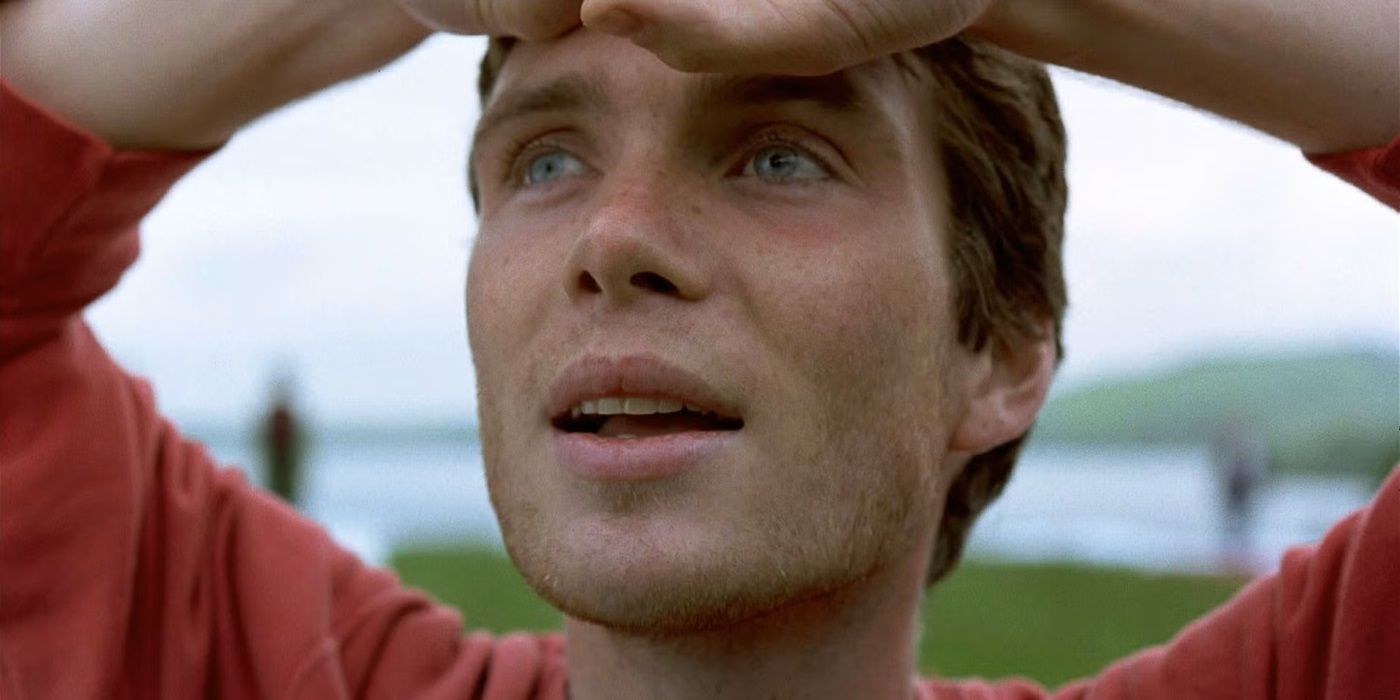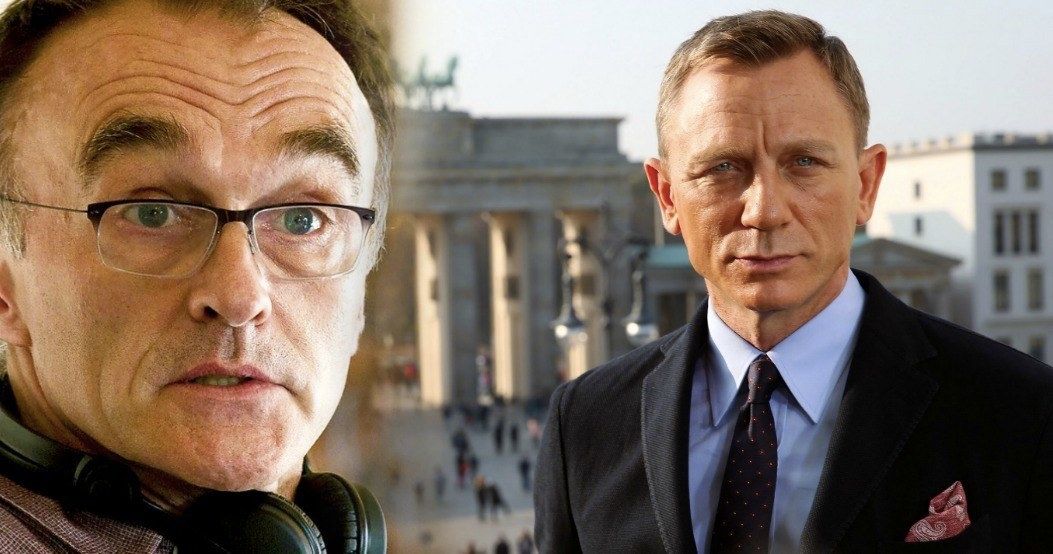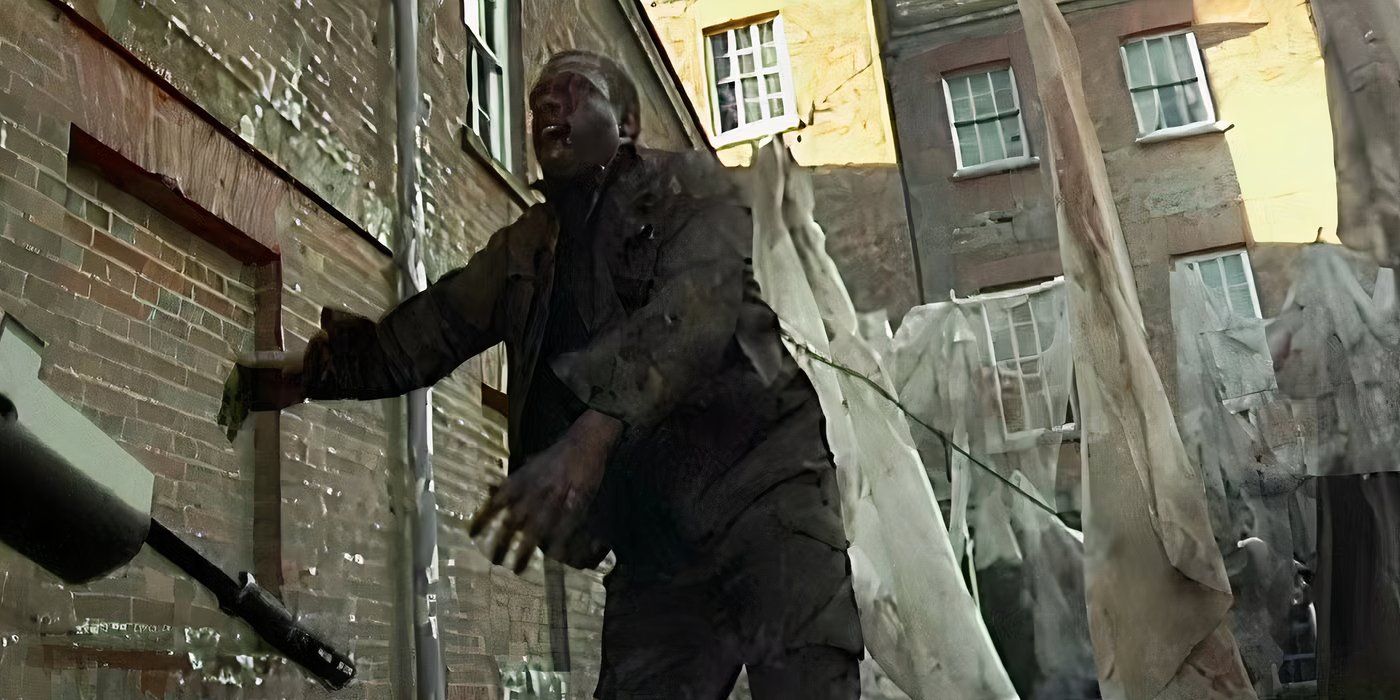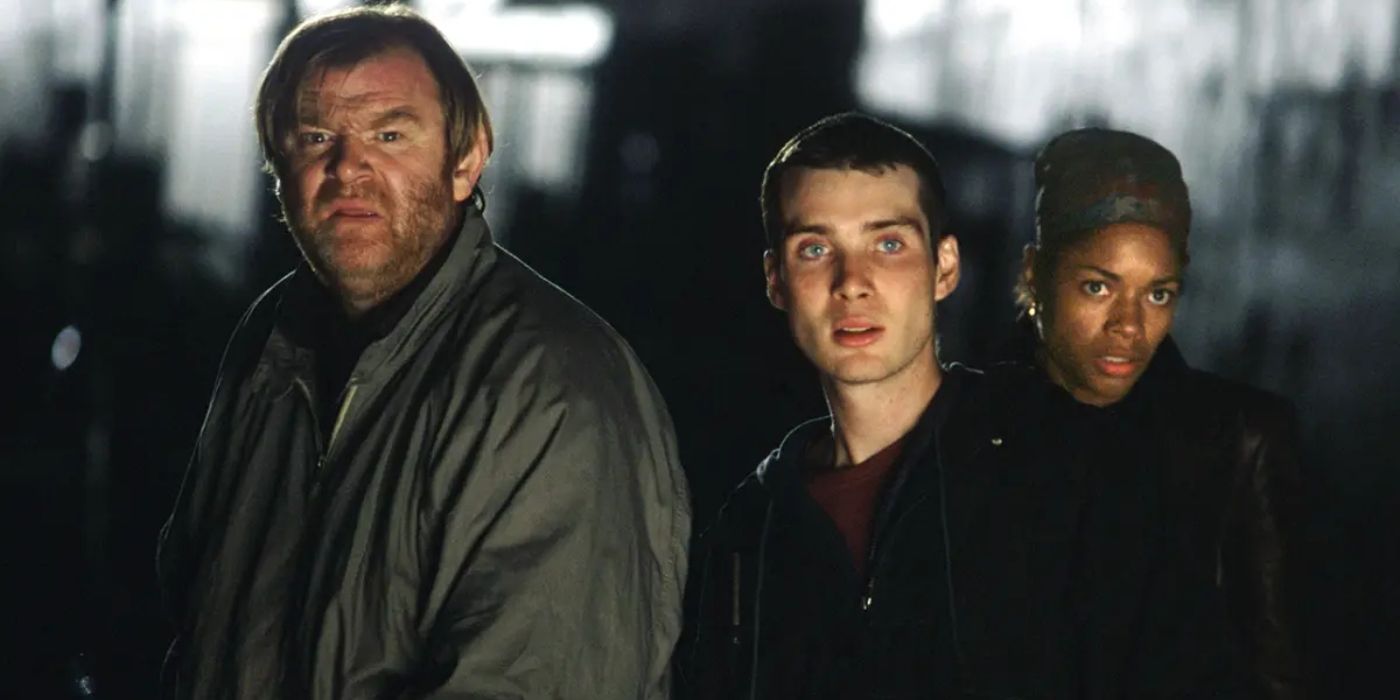With Danny Boyle’s highly anticipated 28 Years Later on the horizon, movie fans have been revisiting where it all started. For over two decades, his zombie masterpiece 28 Days Later has haunted audiences with its tale of societal collapse and human desperation. Yet the origin of its simple title remained unstudied… until recently. How did we not realize where he got the title from? And is there a hidden meaning, deeper messaging, or some other philosophic musing attached to it?
Well, the revelation came during a Sony presentation for the upcoming release, where Boyle casually dropped a piece of entertaining trivia. Capturing his words was Cinemablend: “The title was based on … it used to be when you returned goods, that was what you always had,” he explained to the audience. “You have 28 days in which to return this good, to get your money back, or stuff like that. It was a common usage sort of thing.” So it’s quite simple. Or is it?
Hold On… It Makes Sense
There’s a wider understanding that the title means Cillian Murphy’s Jim (who doesn’t feature in 28 Years Later) woke up from a coma after 28 days. However, the consumer return policy could be seen as a metaphor for the ultimate deadline, not for returning faulty or unwanted merchandise, but for humanity’s last chance to reclaim the world as they know it from the brink of extinction. Viewed through this lens, the supermarket looting scene gains additional weight. When Jim and his companions are scavenging for survival, they’re also part of a grotesque parody of retail consumption. However, the return policy has expired permanently.
The 28-day window for getting your money back becomes meaningless when money has lost all value, society’s infrastructure has crumbled, and the need to survive replaces the very concept of commerce. The title also mirrors the film’s exploration of time and consequences. Just as consumers have a limited window to recognize a product’s defects and seek redress, humanity has an equally limited window to acknowledge the signs of impending catastrophe and take corrective action. The rage virus spreads with the same momentum as a missed return deadline – once the window is closed, there’s no going back.
What Happens When a Refund to Society Is Denied?
This connection between consumer culture and apocalyptic horror might reflect Boyle’s broader critique of modern society’s fragility. The systems we depend on – retail guarantees, government infrastructure, social contracts – all operate on the assumption of continuity and trust. Remove those assumptions, and civilization collapses as quickly as an infected person succumbs to fury. The 28-day return policy represents the last trace of a world where problems are solved through proper channels and bureaucratic processes.

Related
Each Alternate Ending of ‘28 Days Later’ Explained, and How They Could Impact ‘28 Years Later’
The ’28 Days Later’ filmmakers shot 4 different endings that depict different fates for Jim and his friends.
The timing element also speaks to the film’s reflection on cycles and renewal. Retail return policies exist because companies understand that sometimes products fail and second chances are necessary to maintain customer loyalty. But what happens when the system fails so catastrophically that no return policy can address the defect, and the infected can’t return to their previous state? There will be no refund of losses to humanity, and the survivors can’t casually stroll into a store and exchange their trauma for something more palatable.
Danny Boyle Is Good at This
Understanding where the title came from shows how Boyle works, finding meaning in common things and turning the details into something bigger. This approach is apparent in other works, from the underground drug culture of Trainspotting (1996) to the slum-to-millionaire journey of Slumdog Millionaire. Boyle locates the extraordinary within the ordinary. This remarkable talent was displayed during his direction of the 2012 London Olympics opening ceremony. Widely regarded as the greatest Olympic ceremony ever staged, his vision enhanced the world’s biggest sporting event into a carnival of human creativity, resilience, and shared culture. Uniting British history, literature, music, and social progress spoke to the nation about its past, present, and future.

Related
Director Danny Boyle Confirms James Bond 25 Plans
Danny Boyle is working with longtime writing partner John Hodge on the James Bond 25 script, with an eye to direct.
Just as 28 Days Later found intimate character moments amid global catastrophe, the Olympic ceremony balanced massive choreographed sequences with small, up-close gestures. The ceremonies didn’t rely solely on technological effects or overwhelming scale; they succeeded because they told stories that audiences could connect with emotionally. This aligns with his approach in 28 Days Later, where horror doesn’t always emerge from elaborate special effects but from human relationships, strained to their breaking point. The same director who could make audiences care about a handful of survivors in post-apocalyptic London also orchestrated a spectacle watched worldwide.
The 28 Days Later title revolution captures Danny Boyle’s approach: finding poetry in ordinary details. He’s crafted intimate horror and grand celebration, but overall, his art emerges from the intersection of personal and universal.
Source link



















Add Comment